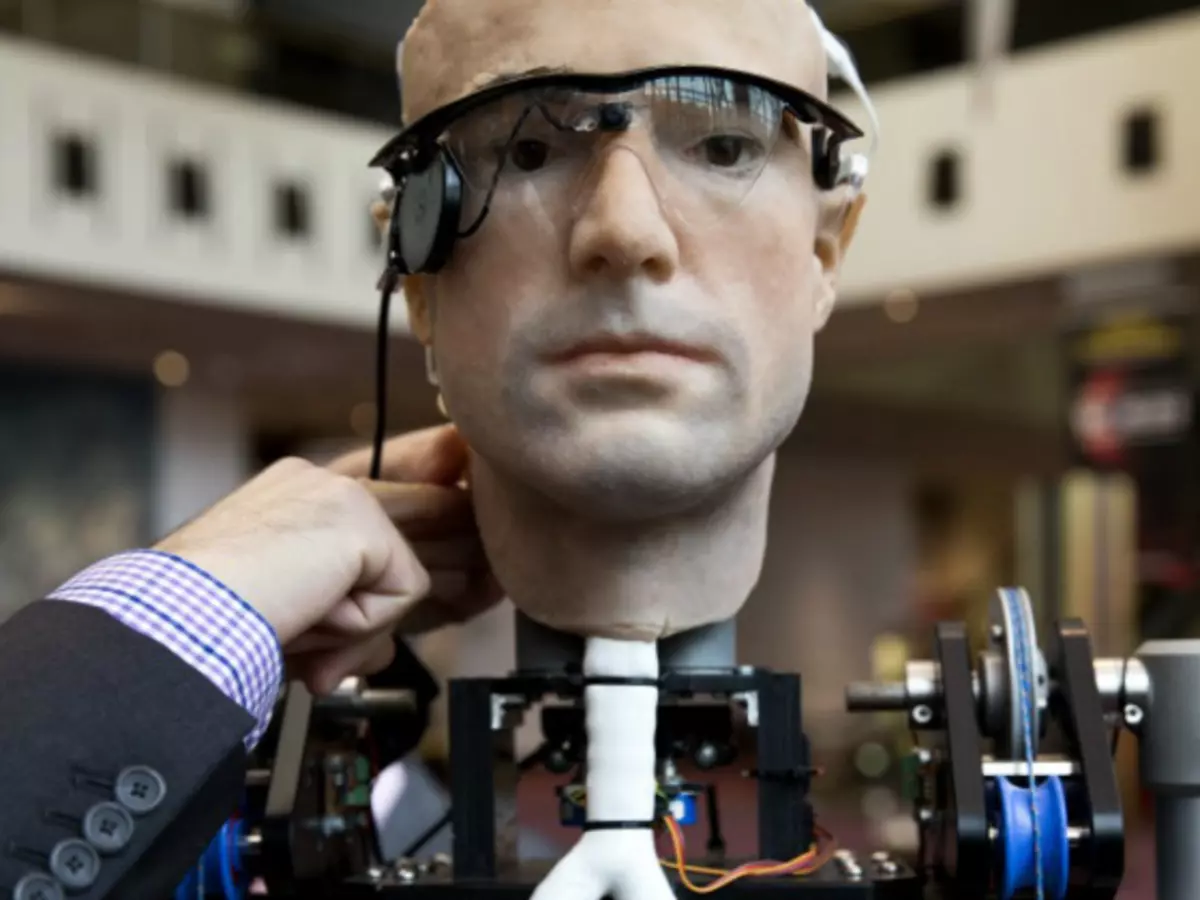Startup Workers In Sweden Are Becoming Cyborgs With NFC Microchip Implants
About 150 workers at Sweden's Epicenter have been implanted with a microchip -- essentially turning them into living, breathing cyborgs around the work campus.

Mention the word cyborg and Terminator's Arnold Schwarzenegger jumps to mind. But droids aren¡¯t the stuff of sci-fi anymore, as working employees in Sweden are turning into cyborgs themselves.

Why are Swedish workers turning into cyborgs? For convenience around the workplace, obviously.
The human-cyborg bridge is being crossed bravely by Epicenter, which is like the Silicon Valley of Sweden. The place is home to over 100 companies and approximately 2,000 workers, and about 150 workers at Epicenter have been implanted with a microchip -- essentially turning them into living, breathing cyborgs around the work campus.
The chip implant is as small as a grain of rice and it's injected between the thumb and index finger
What purpose do the microchips serve as they sit inside their Swedish hosts? Every swipe card-enabled function can now be done without a card, while other functions the human-cyborgs can do effortlessly thanks to their microchip implants is wave open doors, operate printers and buys chips off the vending machine through NFC (Near Field Communication) tags embedded within each and every chip.

This technology, per se, isn't revolutionary. Animals in the wild or in close captivity have been tagged for years by conservationists, companies have been tagging and tracking consignments on the go in realtime for years, but such a broad-scale adoption of radio implants within humans hasn¡¯t happened before. That¡¯s why what¡¯s happening in Sweden is so unprecedented!
Unlike smartcards which can be tossed away, employees with cyborg-like implants have no option but to surgically remove them whenever they terminate their employment at Epicenter. And we haven¡¯t even began to scratch the surface about the privacy and moral implications about these steps.
Is this what our future entails? If so, the future looks dystopian, fundamentally altering the human condition as we know it. Scary.
